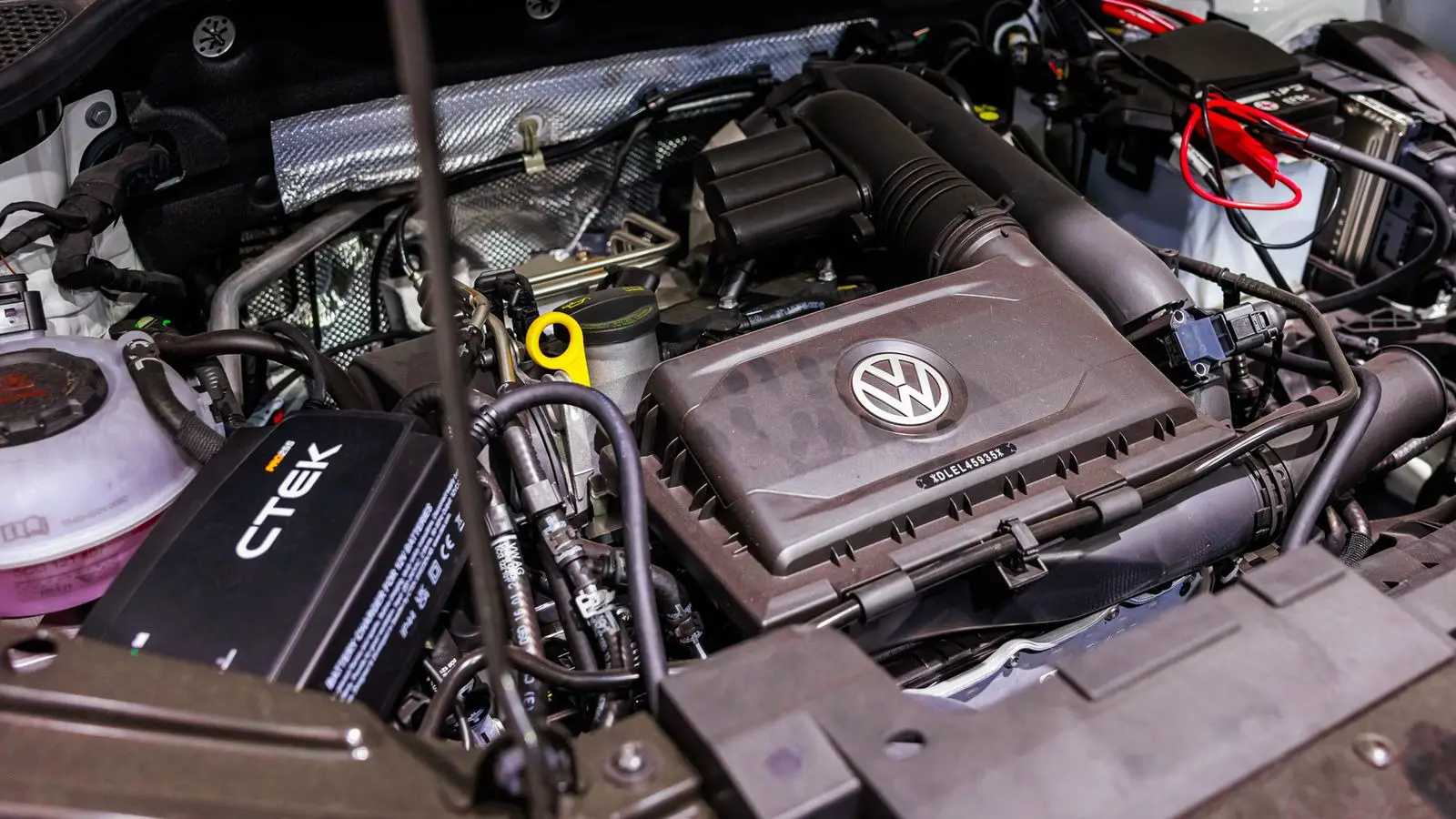Is It Safe to Wash Your Car Engine at Home? What You Need to Know

Learn the pros and cons of cleaning your car engine yourself, potential risks, safe methods, and when it's best to call professionals.
The engine is the heart of any vehicle — its smooth operation keeps everything running. But what happens when this heart gets coated in grime, dust, oil residue, and road debris? At some point, every car owner faces the question: should you clean your engine, and more importantly, can you do it yourself without causing damage?
There are good reasons to consider cleaning your engine. A spotless engine bay makes it much easier to spot leaks — whether it's oil, coolant, or fuel. Dirt removal also improves heat dissipation, helping the engine run cooler, especially during warm weather or under heavy use. And let’s not forget the aesthetics: a clean engine can make a positive impression when selling the car, suggesting responsible ownership and maintenance.
But behind this well-meaning idea lies a list of real risks. The biggest culprit? Water. Today’s engines are packed with sensitive electronics — sensors, control units, connectors — all of which can be compromised by moisture. A splash of water in the wrong spot might cause anything from a warning light to serious electronic failure. Even worse is washing a hot engine: sudden cooling can create stress fractures in the metal. And if you don’t dry things thoroughly, corrosion becomes a real threat — even aluminum parts aren't immune.
If you're set on cleaning the engine yourself, preparation is key. Start by making sure the engine is completely cool. Then, protect sensitive components — the battery, fuse box, and alternator — by covering them with plastic bags and sealing tape. Clear out large debris like leaves or dust using a brush or compressed air.
Use only engine-safe degreasers. Apply the product, give it a few minutes to work, and gently scrub with a soft brush. When it’s time to rinse, avoid high-pressure water. A light stream will do the job without forcing water into unwanted places. And whatever you do, dry the engine thoroughly afterward — microfiber cloths and compressed air are ideal tools here.
There are some clear “don’ts” as well. Avoid pressure washers — the force can damage seals or dislodge wiring. Skip aggressive chemicals too — they may eat away at rubber or plastic. And again: never wash a hot engine.
Not sure about doing it yourself? No problem. There are plenty of alternatives — professional steam cleaning, waterless detailing, or dry ice cleaning. They might cost more, but they also reduce the risk, especially with modern, electronics-heavy cars.
In the end, yes — you can clean your engine yourself. But only if you know what you’re doing and are willing to take the necessary precautions. Sometimes, it’s better to leave it to the pros than risk expensive repairs over a few saved dollars.
Allen Garwin
2025, May 31 02:57


